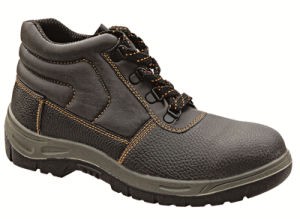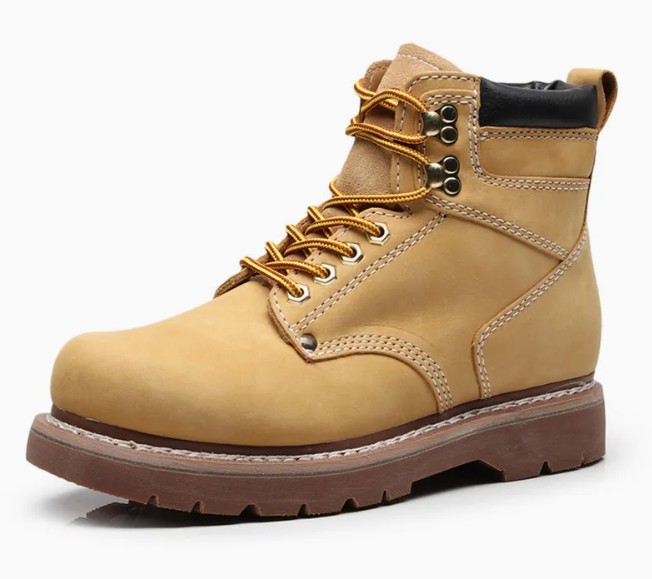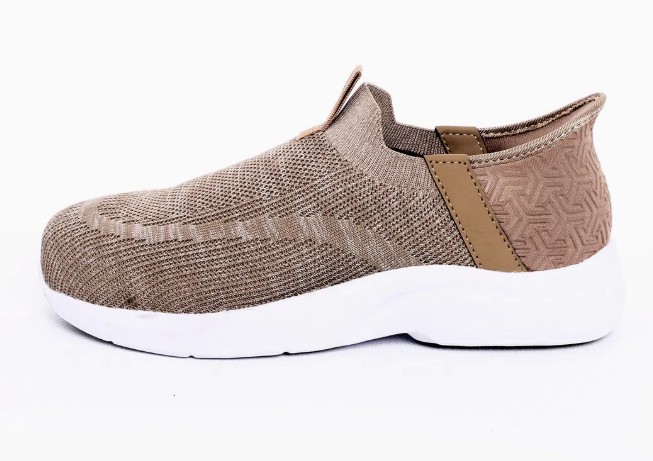Ultimate Protection and Comfort: Exploring the Power of Safety Shoes
Product description
In industries ranging from construction to manufacturing, safety shoes have become an essential part of personal protective equipment. Designed to keep workers safe without compromising on comfort, these footwear solutions are a vital investment for any workplace prioritizing safety standards. From preventing injuries caused by falling objects to ensuring durability in rugged environments, safety shoes deliver a balanced blend of functionality, comfort, and durability.
What Are Safety Shoes and Why Are They Important?
Safety shoes are specially engineered footwear that offers enhanced protection for the feet against various workplace hazards. They commonly feature reinforced toe caps, slip-resistant soles, and durable uppers made from materials like leather or synthetic fibers. Their primary role is to prevent injuries such as crushing or punctures, protect against electrical hazards, and reduce slips and falls.
In environments where heavy machinery is used, or there’s a risk of sharp debris, safety shoes are not just recommended; they’re mandated. They serve as a first line of defense, significantly reducing the likelihood of foot injuries and enhancing overall safety compliance.
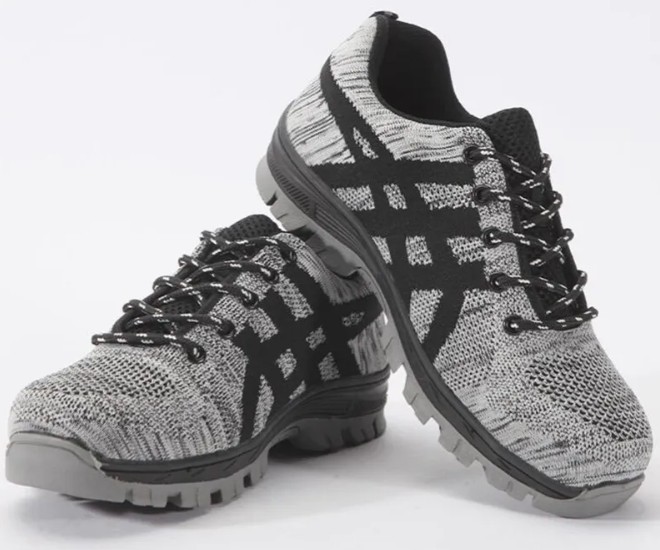
Core Features and Benefits
1. Reinforced Toe Caps: Most safety shoes come equipped with steel, composite, or aluminum toe caps. These provide a robust barrier against falling objects or compression, preventing serious injuries to toes and feet.
2. Slip-Resistant Soles: Workplace accidents often happen due to slippery surfaces. Safety shoes are equipped with slip-resistant soles that offer superior grip, reducing the risk of falls and ensuring stability on wet or oily surfaces.
3. Durable Construction: Made from high-quality leather, synthetic fibers, or rubber, safety shoes withstand tough conditions such as abrasions, cuts, and exposure to hazardous substances, making them suitable for varied industrial environments.
4. Comfort and Ergonomics: Modern safety footwear emphasizes ergonomic design with cushioned insoles, breathable uppers, and lightweight components that ensure comfort during long hours of wear, thereby boosting productivity and reducing fatigue.
5. Electrical Hazard Resistance: Certain safety shoes are designed to insulate against electrical shocks, making them suitable for electricians, maintenance workers, and roles involving exposure to live circuits.
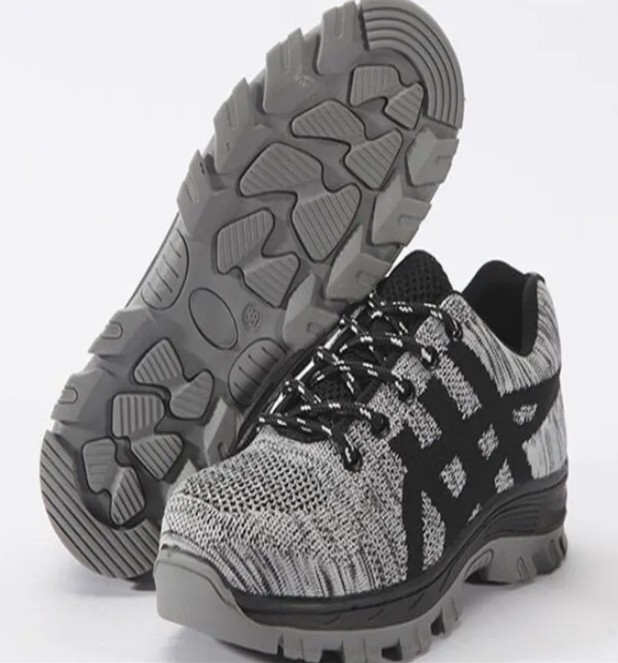
Typical Applications and Use Cases
Safety shoes are versatile and can accommodate numerous settings such as construction sites, factories, warehouses, laboratories, and outdoor terrains. They are essential wherever foot protection against impact, compression, slips, or electrical hazards is needed. Additionally, they are often mandated by workplace safety regulations, helping companies comply with occupational safety laws.
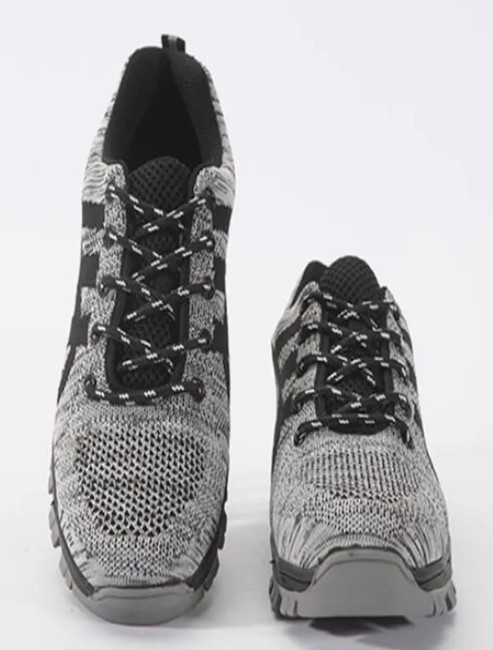
Five Common Questions & Answers About Safety Shoes
Q1: How do I choose the right safety shoes for my work environment?
Select safety shoes based on specific hazards present in your workspace. For impact and compression risks, opt for reinforced toe caps. For slippery floors, pick shoes with slip-resistant soles. Prioritize comfort features if you'll be wearing them long hours.
Q2: Are safety shoes comfortable enough for all-day wear?
Advances in ergonomic design and materials have made safety shoes more comfortable than ever. Look for options with cushioned insoles, breathable materials, and proper fit to ensure all-day comfort.
Q3: How often should safety shoes be replaced?
Typically, safety shoes should be replaced when they show signs of significant wear such as worn-out soles, compromised toe caps, or damaged uppers. Regular inspections help determine whether they still provide adequate protection.
Q4: Can safety shoes be stylish?
While functionality is paramount, many brands now offer safety shoes in various styles and colors, allowing wearers to choose options that suit their preferences without sacrificing safety features.
Q5: Are safety shoes suitable for outdoor use?
Absolutely! Safety shoes are designed for rugged environments and can withstand outdoor conditions including mud, water, and rough terrain, making them invaluable for outdoor workers.
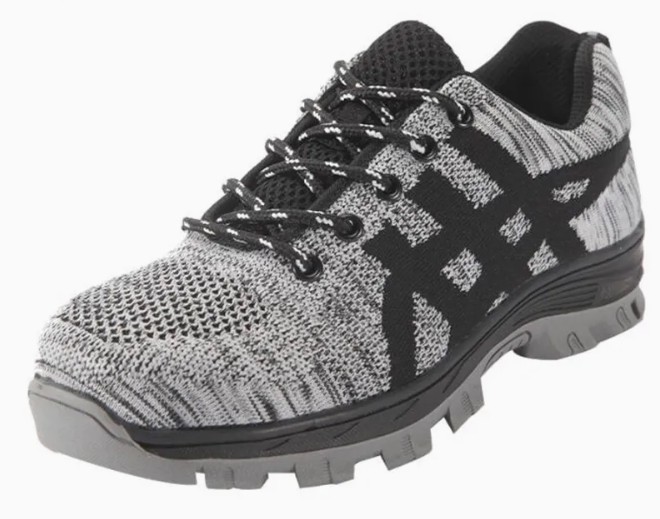
Conclusion
In summary, safety shoes aren't just footwear; they're a critical component of workplace safety and personal well-being. By understanding their features, benefits, and applications, you can select the right pair that offers maximum protection while ensuring comfort throughout your workday. Whether in industrial settings, construction sites, or outdoor environments, the right safety shoes can make a significant difference, protecting your feet and enhancing your safety performance.
Recommended products
